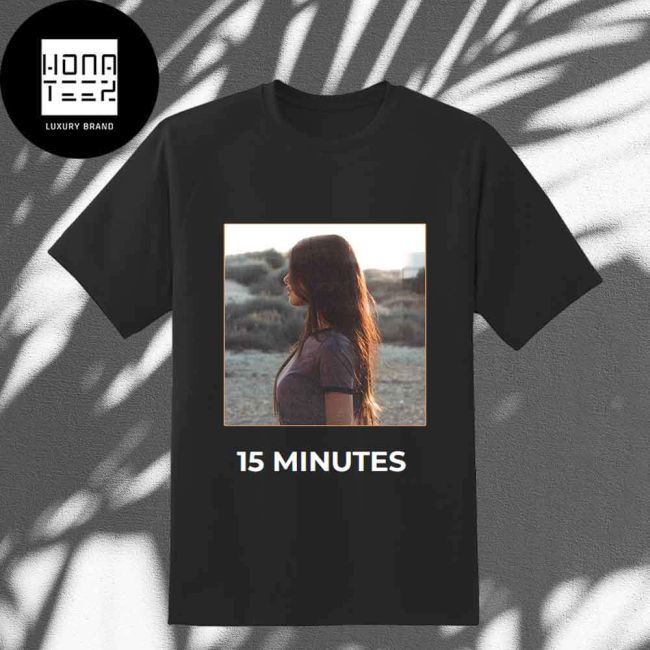Top-Tier vs Offshore Forex Broker: Negative Balance Protection Explained (With Examples)
If you’re looking for regular execution, transparency in costs and the best level of security for your funds select the top-tier (well-regulated) broker. Offshore brokers can look cheap, but they often trade away core protections–especially around client-fund segregation, withdrawal reliability, dispute resolution, and negative balance protection. Check out the Forex Broker Due Diligence Checklist below before you make a single deposit.
Why is Distinction Important
The broker you select directly affects your costs, fills, and downside risk. Brokers that are top-of-the-line reduce risk specific to brokers so that *your trading strategies–not the dealing desk –**determine the outcomes. Many offshore entities are governed by light or opaque regulations that can raise the chance of slippage, withdrawal delays or sudden fluctuations in the leverage and margin.
Regulated vs Offshore Forex Broker: What “Regulated” Really Costs You
Regulated vs Offshore forex broker decision isn’t just about the brand’s prestige, it’s about rules that are enforceable:
Client Funds Segregation
The deposit you make is not held in the cash used by the broker, but in a ring-fenced account. This helps reduce losses in the event of insolvency.
Capital Adequacy
Tier-1 regulators need minimum capital buffers to help the broker to withstand market fluctuations and payments.
Best-Execution Standards
Quality brokers release the execution data (fill speed, slippage distributions) and also disclose conflicts of conflicts of.
Audit & Transparency
Regular audits, transparent risk disclosures and readily available financial statements are standard.
Complaint & Redress Mechanisms
If something goes wrong, you have a route to resolution beyond customer support.
Exness Account Opening Risks You Shouldn’t Ignore
The risks associated with offshore forex brokers
- Withdrawal Friction The delay and the additional “document check” could be exit traps.
- Policy Volatility: Margin, leverage, and bonus terms could change overnight, but are often applied retroactively.
- Execution Opacity: It’s harder to contest ineffective fills, slippages asymmetrical, and requotes without the intervention of a regulator who is pressing for logs.
- Banking Partners: Weak or unstable correspondent banks elevate transfer failure risk.
- Enforcement Vacuum: Even if terms look reasonable, enforcing them across borders is expensive and slow.
Forex Broker Safety: What Good Looks Like
Focus on verifiable controls when discussing forex broker security:
- Tier-1/Trusted Licenses: US/UK/EU/AU/SG/HK authorities (examples: CFTC/NFA, FCA, BaFin, ASIC, MAS, SFC).
- Public Disclosures: Best-execution reports, financials, risk/conflict statements.
- Clean Disciplinary Record: Limited fines, no repeated consumer-harm patterns.
- Bank Grade Operations: Top tier custodial institution, tested withdrawal rails and incident reports.
- Transparent Pricing: ECN-style: tight spreads + explicit commission; no surprise “inactivity” or platform fees.
Why Negative Balance Protection is Non-Negotiable in Forex
Negative balance protection forex policies cap your worst-case loss at the amount you deposit. Without NBP, you may be liable to your broker for the event of a sudden gap. Retail traders are usually offered NBP by top brokers that have specific conditions. (e.g. in normal market conditions, but not excluding the possibility of abuse). Offshore firms might promise NBP in their marketing, but they will bury clauses that exclude them in their fine print, or revoke it after an event of loss.
Action point: get the NBP policy written down Read exclusions (extreme volatility, exotic pairs, weekend gaps) and verify if it applies per account or per instrument.
Execution Quality & Costs: Where Offshore “Deals” Disappear
- Slippage Profile: A top-of-the-line ECN model displays both positive and negative slippage using transparent statistics. The fills from offshore shops could be deformed in one direction.
- Commission Versus Spread: Offshore “commission-free” usually implies padded spreads and higher cost effective.
- Platform Integrity Traditional platforms, such as MT4/MT5, using a third-party bridge/LP transparent platform beat black box proprietary platforms that you cannot audit.
The Forex Broker Due Diligence Checklist
Before you open a new account, check this forex broker due diligence checklist end-to-end:
License & Regulator
Jurisdiction and license number verified on the regulator’s website Jurisdiction and license number verified on the regulator’s website
Do you have any warnings in place?
Ownership & Governance
Parent company, directors, audited reports available?
Years in operation; mergers/sales history?
Client Money & Banking
Segregated Client Accounts? Which banks?
Proof of regular audits and safeguarding statements
Execution & Liquidity
ECN/STP vs dealing desk? Named liquidity providers (NLP)?
Public execution metrics: fill speed, re-quotes, slippage distribution
Pricing & Fees
Published spreads + explicit commission schedule
Disclosure of charges for withdrawals, inactivity, conversions, or “maintenance”.
If you’re satisfied with the transparency, your next move is to start trading. Click here to download exness kuning and begin.
Leverage & Risk Controls
Reasonable leverage caps; margin call/stop-out rules
Negative balance protection policy (scope, exclusions)
Platforms & Tech
Supported platforms (MT4/MT5/cTrader/fix API); latency zones/servers
Security options for accounts 2FA, stability record and account security
Deposits & Withdrawals
Methods, currencies, typical timelines and limits
Support & Redress
24/5 or 24/7 support SLA; named escalation paths
Regulator/ombudsman complaint process
Reputation & Track Record
- Independent reviews focused on long-term behavior (not affiliate blogs)
- Consistency during stressed markets (flash crashes, major news)
Do not make a deposit If one of the following items are missing (license clarification, fund segregation or NBP, a valid order execution and so on.). There are a lot of top-quality brokers.
Practical Scenarios
You can also trade new developments using stops with tight limits.
Pick top-tier: you need reliable fills, stable margin rules, and documented slippage handling.
You run high-frequency intraday strategies
In addition, consistent liquidity and latency are crucial. top-tier ECN/STP with publicly available execution statistics is not a requirement.
You’re a new retail trader
Make sure you are protecting the risk first. The NBP Segregated Fund with transparent pricing, as well as responsive customer service are more valuable than 1-2 pip of the “headline” spread.
Red Flags That Scream “Offshore Trouble”
- Bonuses “guaranteed” connected to withdrawal penalties
- Leverage of 500 to 1. designed for people who are just beginning
- Aggressive sales calls pushing immediate deposits
- No audit trail or evasive answers about license/banking partners
- Stories about withdrawals that change from week to week (“bank outage,” “new compliance check,” “system upgrade”)
How To Switch Brokers (If You Are Already Offshore)
Start with a withdrawal, and then Talk: Request a test withdrawal before announcing you’ll shut down the account.
Reduce Open Exposure: Flatten positions; avoid funding during transition.
Export Your Data: Statements, trade logs, MT4/MT5 history.
Open using an Top Tier Broker: Check license as well as NBP and execution reports. Fund gradually.
Parallel run: Trade in small quantities for 2-4 weeks to validate the fills.
FAQs
Is an offshore license always bad?
Risk concentration could be higher However, it is not always. Make extra cautions in the event that an offshore broker has unusually high leverage or vague information.
Can an offshore broker still be considered safe?
“Safe” is a relative term. Certain offshore companies operate with integrity with Tier-1 oversight, however your security as a forex broker is based on trust instead of enforcement. Check the due diligence checklist and alter the amount of your deposit to suit.
Do all top-tier brokers offer negative balance protection?
Retail clients can get positive balance protection for forex. Professional or institutional accounts might have different terms. Confirm coverage and exclusions by writing.
Will a regulated broker cost me more?
Not necessarily. Many top-tier ECN models pair tightly-packed raw spreads with tiny commissions that are explicit. Offshore “zero commission” is often a cover for the higher cost.
What’s the most common mistake trader make?
Leverage and bonuses are a source of management. Pricing doesn’t really matter whether a broker has the ability to change the rules after a win, or stop withdrawals.
Final Call: Choose Governance Over Gimmicks
In the top-tier vs offshore Forex broker’s choice Governance is the key to success. Solid regulation, transparency during execution and legally binding safeguards for customers minimize tail risks and allow your business to grow over time. Follow the checklist, and insist on protection against negative balances. Any opacity should be treated as an issue.










